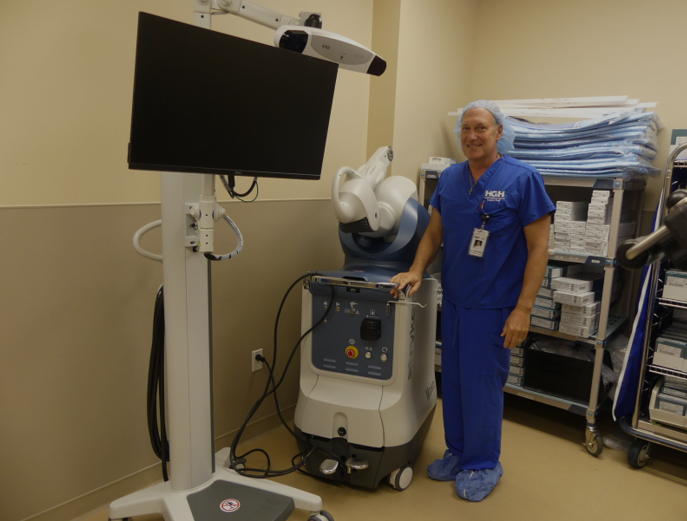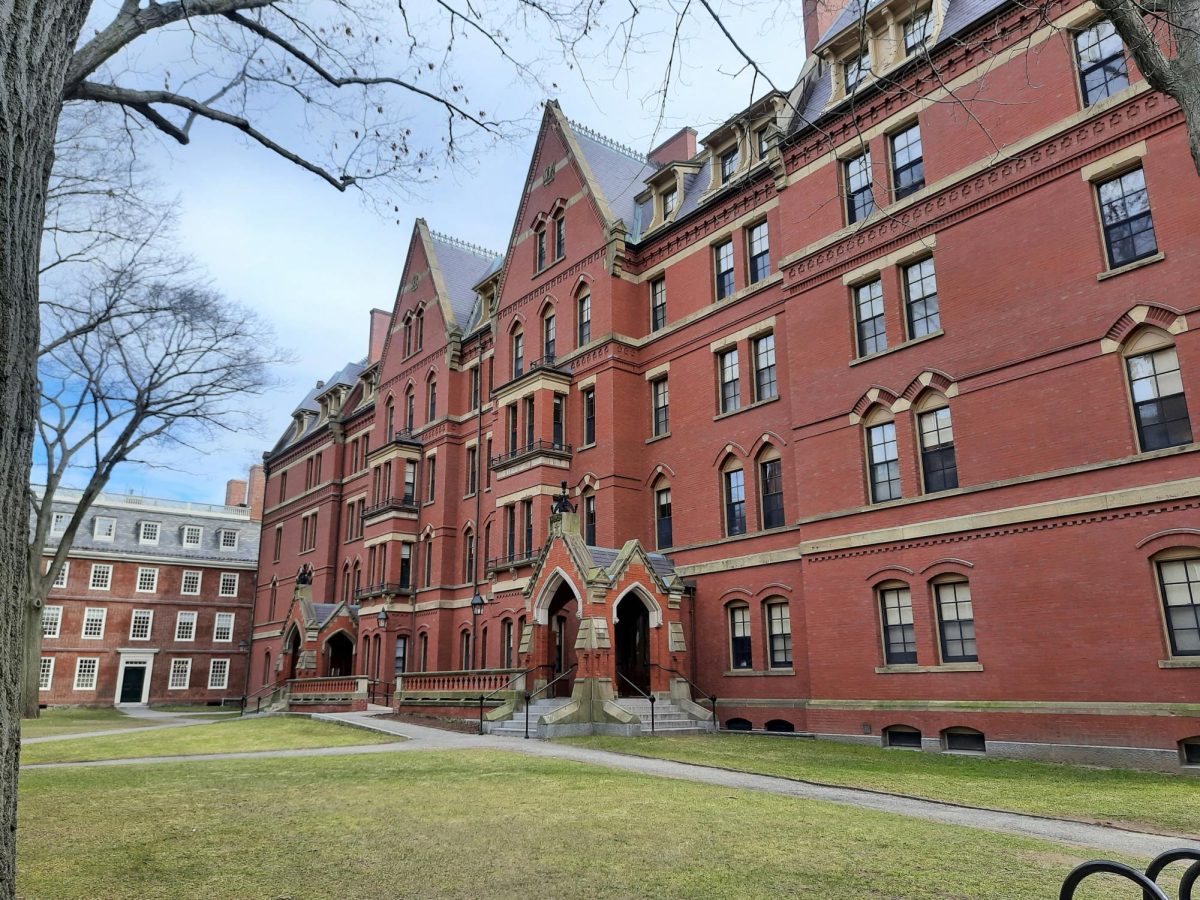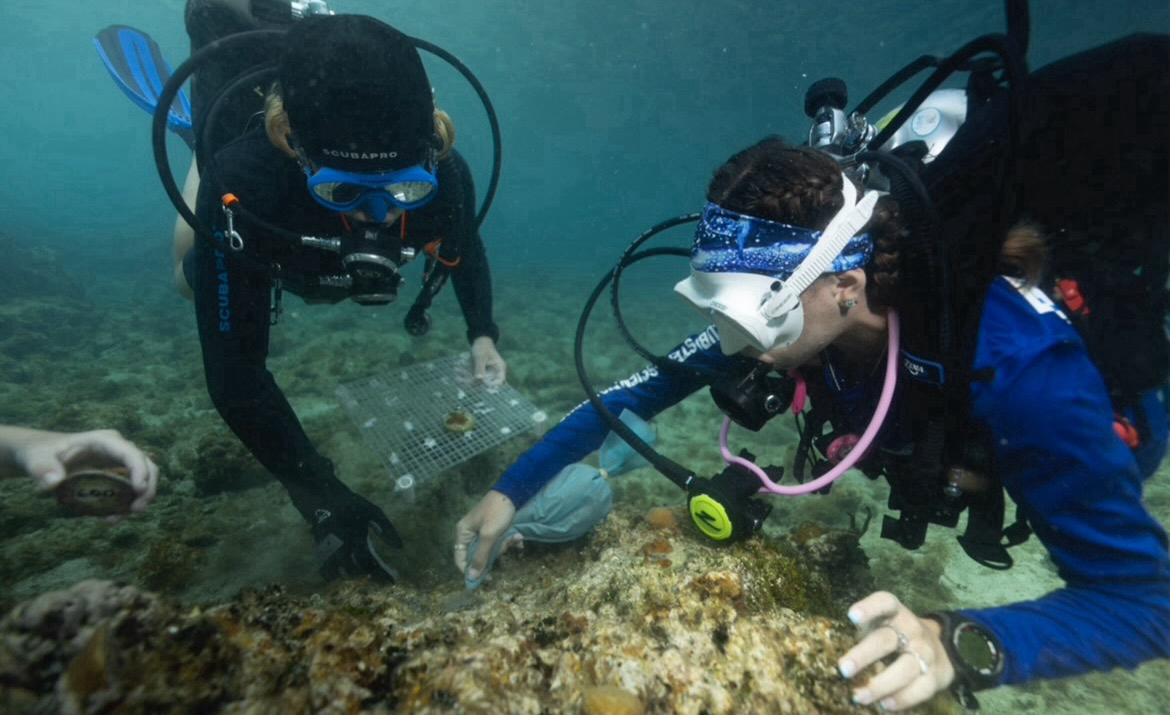The mind and body debate encompasses a multitude of different theories that contribute to scientists’ understanding of human consciousness. It leads biologists and philosophers to question the extent to which our genetic predisposition influences our conscious and subconscious decisions through its critical reexamination of the mental and physical properties behind our actions.
How does the metaphysical idea of the “mind” depend on the biological processes of the brain? How does this connection influence human behavior? How do physical changes in the brain alter a person’s mental state? How does consciousness alienate humankind from other species? These are all questions that branch out from the mind-body debate and lead to a much broader discussion of psychological identity, genetics and behaviorism, and nature versus nurture. The mind and body debate plays a fundamental role in examining these areas because it provides a structure to explore these questions further.
Scientists’ understanding of the mind and body debate of human consciousness is linked to identity, not in the ways we explicitly choose to identify, but because it describes the biological and mental characteristics we involuntarily possess as intelligent beings that comprise our personalities and behaviors. It relates to both the idea of who we are as individuals and what we are as the human race since the relationship between the mind and body dictate every thought, memory, or emotion we experience. This concept makes each argument compelling, and the debate, itself, demonstrates the complexity of human self-awareness.
Behaviorists, biologists, and humanists all have different insights as to how human consciousness operates. These perspectives conflict with each other over whether the mind or body are the same or separate entities. Neurobiologists may argue from a more materialistic outlook. They would say the mind doesn’t exist at all, and mental processes are characterized by the brain’s physical structure. This would mean that everything we feel, think, or experience is a direct result of brain activity. The other extreme is phenomenalism, which asserts that physical objects are manifestations of the mind’s perceptions and only mental objects exist. This suggests that the body is an illusion of the mind and an extension of our complex conscious thought.
Materialism and phenomenalism fall under the category of monism because they describe a scenario in which only the mind OR body exists. On the other hand, according to substance dualism, the mind and body both exist, separate and distinct from one another. Substance dualists believe in a division between the mental and physical elements; therefore, they reject the biological notion that the brain and mind are one physical system.
Behaviorists believe stimulus and response should dictate psychology in another branch of thought, while humanists believe people’s subjective perceptions are equally as significant when it comes to interpreting someone’s actions. Like how “a schizophrenic might not define their actions as ill, rather they would believe they had insight into some occurrence that no one else had.”
Though these numerous points of view offer interesting theories behind psychological processes, their conflicting natures reveal how little we know about them. There are countless studies to evidence each argument, but this only attests to the debate’s paradoxicality. Despite this, the mind and body debate supports further research and provides an interesting bridge between psychology and philosophy.






